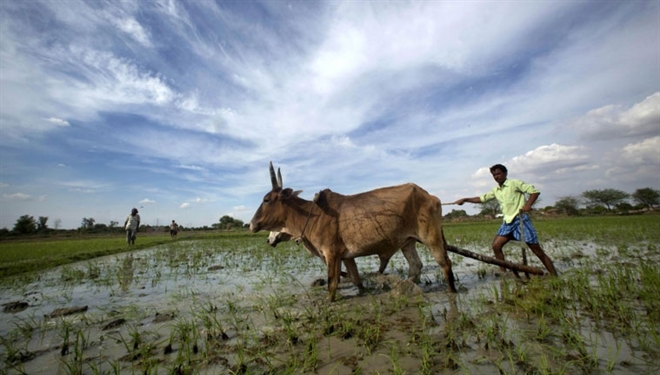In The States’ Court

For anyone who has been following the land acquisition debate, the recent suggestion that the states be allowed to bring their own legislation to amend the UPA law does not come as a surprise. Earlier, Bibek Debroy, member of the Niti Aayog, had suggested something similar. To set the record straight, prior to the 2013 act, the Central legislation of 1894 was in force. However, over a period of time, almost all states had passed their own laws and the 1894 act was hardly ever used. It was the state that was responsible for acquiring land, even for projects such as an airport, over which the Centre has control. Thus, the Central government hardly acquires any land and hasn’t been able to accumulate expertise or experience on the matter. However, before the 2014 elections, the UPA got the new act passed with cross-party support. That the colonial law was repealed was made into a big issue, unmindful of the fact that it was hardly being used. What the 2013 act suspended, de facto, were the various state laws.
government is in an unenviable position. It is not clear whether the government has the appetite to call a joint session of Parliament to get the amendments passed. Or, perhaps, the impending Bihar elections have caused a change in priorities. What is being proposed now is a throwback to the earlier situation. That is, the 2013 act could stay as is. Section 107 of the 2013 law says that the states are free to enact their own legislation to enhance or add to the compensation package, as well as the rehabilitation and resettlement measures. Ordinarily, the state governments could pass their own laws only as long as they did not contradict the Union legislation. But under Article 254(2) of the Constitution, for concurrent list subjects, the states can pass laws repugnant to the Central legislation with the approval of the president. This may not be a bad idea. As has been argued before, there are many problems with the 2013 act. Many states had better laws in place.